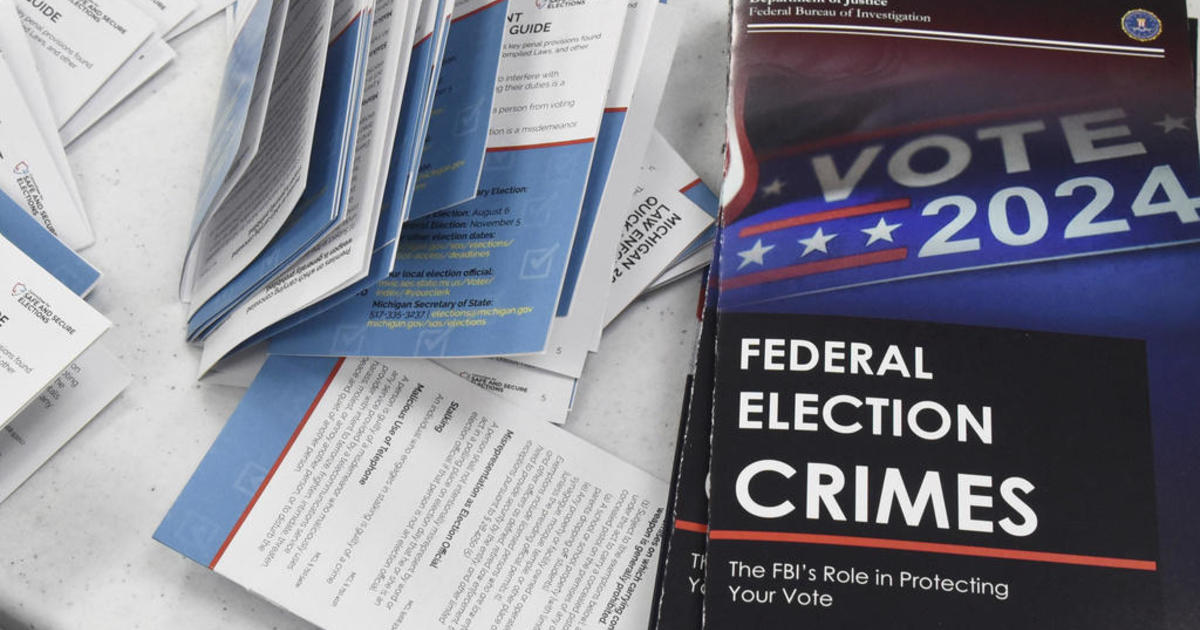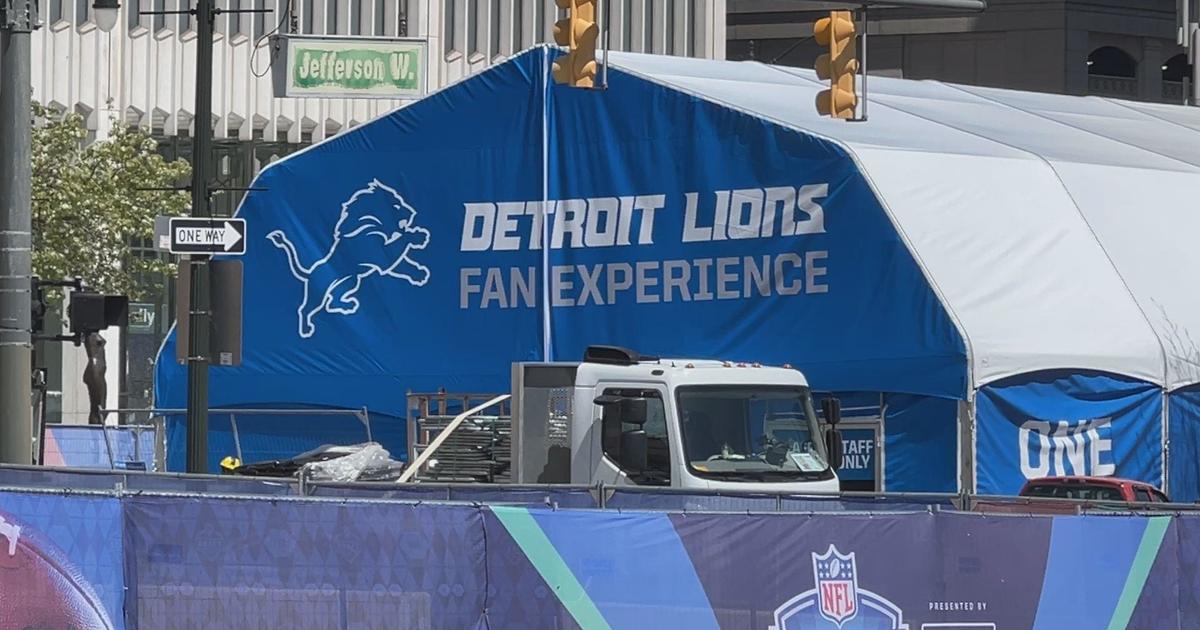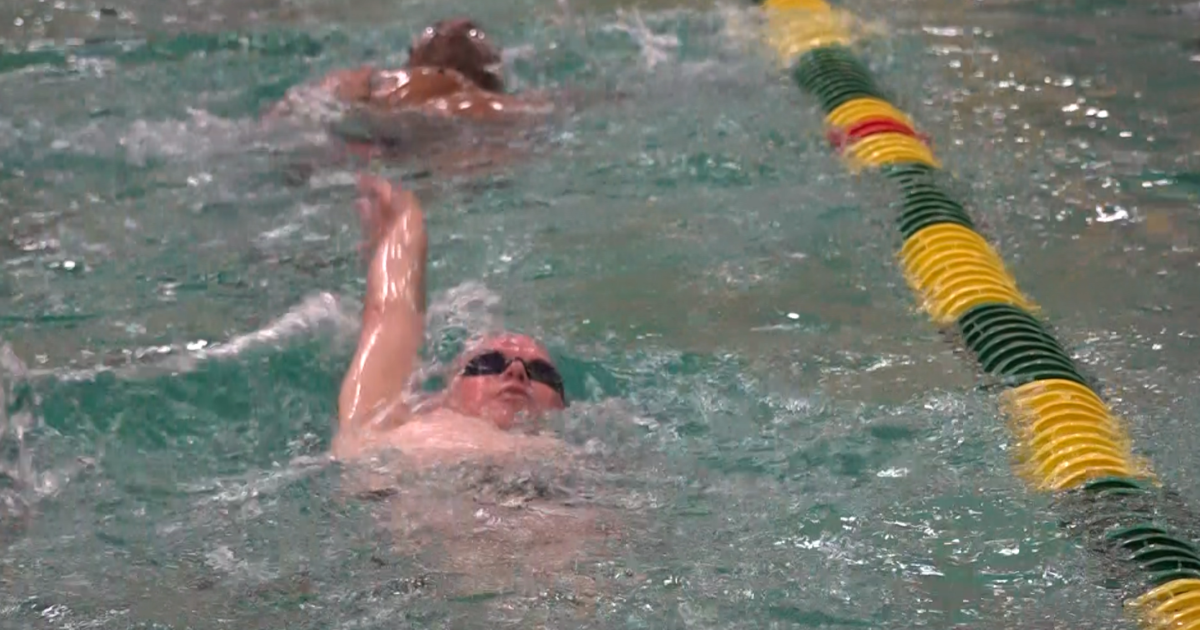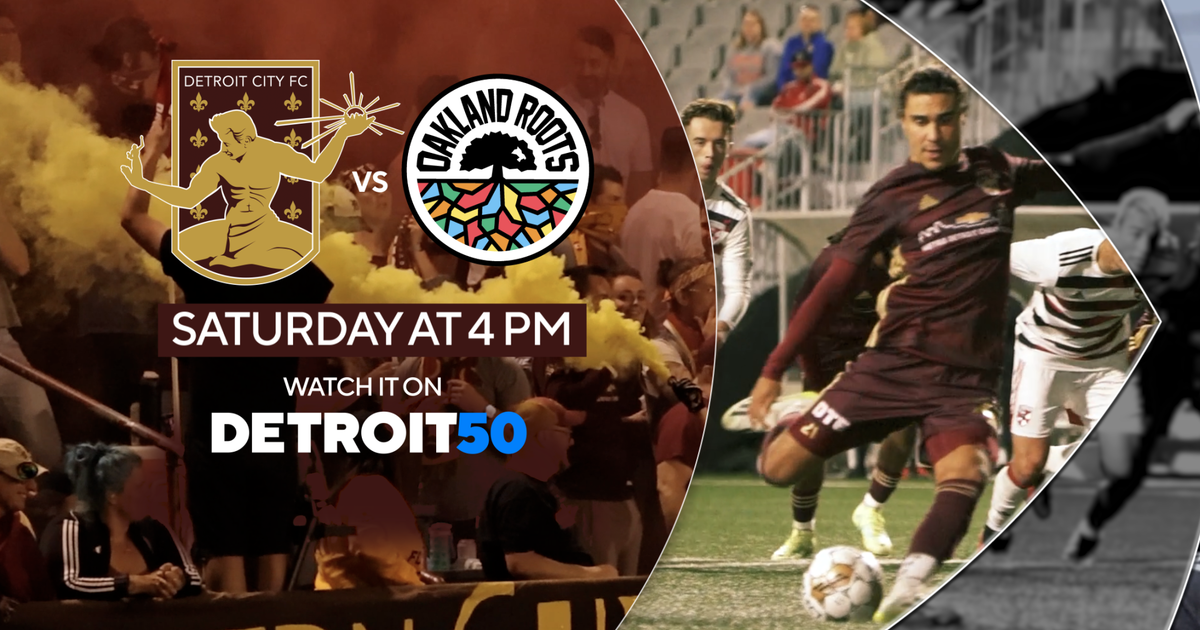SVG: Pistons Taking After Top Teams, While Becoming Their Own
By: Will Burchfield
@burchie_kid
By trading for Blake Griffin, the Pistons are going with the grain and against it.
Like most of the top NBA teams, they're investing a huge chunk of their payroll in a small portion of their roster. Griffin and Andre Drummond carry a combined price tag of about $53.2 million this season, or about 54 percent of the $99 million salary cap.
That's a daunting thought, especially given Griffin's injury history, but Stan Van Gundy believes it's the necessary cost of keeping up in today's NBA.
"It's what's happening in Houston with James Harden and Chris Paul. It's what's happening in Oklahoma City with Russell Westbrook, Paul George and Carmelo Anthony. It's what's happening in Golden State with their guys," Van Gundy told 97.1 The Ticket. "That's how you build great teams in this league, is around your top guys and then you find the right complimentary guys."
In Houston, Harden and Paul account for about 53 percent of the cap. In Oklahoma City, Westbrook and Anthony account for about 55 percent of the cap. And in Golden State, Stephen Curry and Kevin Durant account for about 60 percent of the cap.
For fun, let's add a few more teams to the mix. The Cavaliers have about 56 percent of the cap invested in LeBron James and Kevin Love. The Raptors have about 57 percent of the cap invested in Kyle Lowry and DeMar Derozan. And the Celtics have about 58 percent of the cap invested in Gordon Hayward and Al Horford.
That group comprises six of the top eight teams in the NBA. The two outliers are the Spurs, because of course, and the Timberwolves, because Karl-Anthony Towns is still playing on his rookie contract and Andrew Wiggins' $146.5 million extension has to kick in.
"I think you can go and make that assessment of all of the best teams in the NBA, that their salary cap is concentrated in two, three and at the most four guys," said Van Gundy.
(The league-leading Warriors dedicate about 95 percent of the cap to Curry, Durant, Klay Thompson and Draymond Green. It's a soft cap, of course.)
What makes the Pistons different is how they're investing their money. While the aforementioned teams are generally cutting their biggest checks for perimeter and wing players, the Pistons are splurging down low. That's a bold move in a backcourt-driven league. For a small-market team that's unwilling to tank for high draft picks, it's also the only way to compile the high-end talent it takes to compete with the best.
"We're not in a situation where we can be that choosy, and we can't necessarily go and try to do it the same way as everybody else. We're going to be different," said Van Gundy.
Because their best player was a center prior to the Griffin trade, the Pistons by default are different from most NBA teams. Rather than trying to fit in, they decided to double down on standing out. The tandem of Griffin and Drummond gives the Pistons one of the best front courts in the NBA.
"If you're going to try to play like everybody else in the league and be a perimeter team, then to get it done you better have the best perimeters. So are you better off going out and getting the second- and third-level perimeter guys because it's a perimeter league, or going out and getting the best big guys and making other teams adjust to you?" Van Gundy said.
This is the same philosophy that motivated the small-market Pelicans to trade for DeMarcus Cousins last season and create a dynamic front court with Anthony Davis. There were growing pains at first, but Cousins and Davis figured it out in year two. Prior to Cousins' season-ending injury last week, the Pelicans were 27-21 and firmly inside the Western Conference playoff picture.
How effectively Drummond and Griffin can play together is the crucial unknown. The Pistons will have to recreate their offense on the fly -- a "nerve-wracking" proposition, said Van Gundy -- and everyone on the floor will feel the effects. If they can truly dictate terms by being different, this gamble might pay off. If being different leads to confusion and unfavorable matchups -- well, that's the risk.
It's not the only one. It may not even be the biggest one. While it was clear the Pistons' roster needed a shakeup, Griffin cost them their first-round pick in what's shaping up as one of the deepest drafts in recent memory. If that pick falls outside the top four, as it almost certainly will, it's a lost opportunity for a small-market team to find cheap, franchise-altering talent.
But the Pistons are trying to win now, and they were okay paying the premium for proven goods. What's more, their pick is likely to fall in the middle tier of the first round, where the odds of striking gold significantly decrease. Van Gundy and general manager Jeff Bower know this all too well.
"You're getting late-lottery picks to picks out of the lottery -- not good enough, in most cases, to really elevate your team. One way to get stars would be getting top-three and top-four picks, haven't been able to do that. So the ability to be able to acquire a high-level talent like this, to us, highly outweighed having a pick somewhere between (No.) 12 and (No.) 16 in the draft," Van Gundy said.
The Pistons want to sit at the big-boy table. Now they're paying a big-boy bill. Whether they'll like what they ordered remains to be seen, but maybe that's a risk worth taking for a franchise that's gone a long time without tasting success.



